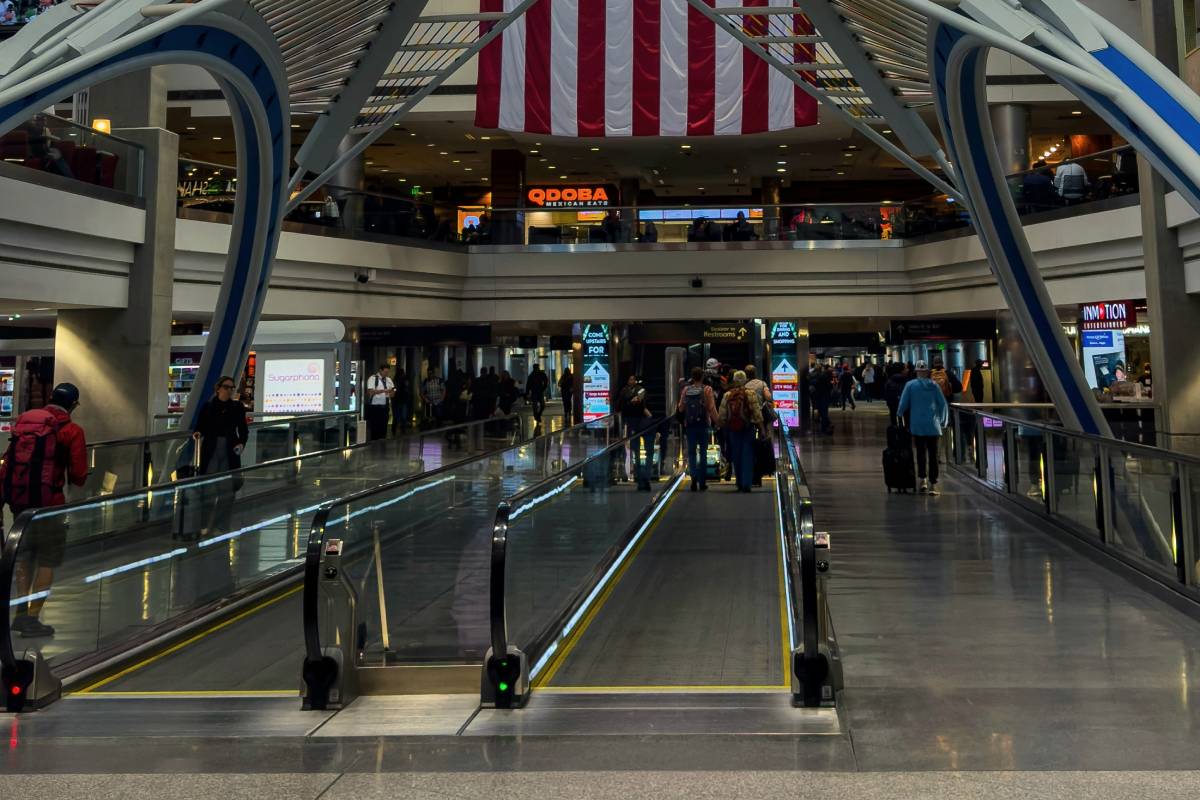Those from outside the EEA typically need a work permit to come from overseas to Norway for work.
To apply for a work permit, one must typically have a full-time job offer on the table and then wait to be granted a residence permit by the Norwegian Directorate of Immigration (UDI) to begin work. In some cases, the employee may be granted permission to start the job before residence is granted.
The downside to the current system is the time it takes for a work permit to be granted and for foreign workers to access other things, such as their identification number and bank account.
It currently takes around 37 weeks from when an employee who needs a work permit signs a contract until they have everything they need to participate in Norwegian society, according to Oslo Municipality.
“We see that many Norwegian businesses, especially in Oslo, find it difficult to get international workers approved. It is a huge challenge,” Rina Mariann Hansen, Vice Mayor for Business Development and Public Ownership at the City of Oslo, told Norwegian business news publication E24.
Oslo Municipality will trial a new digital solution that will aim to cut down the time it takes from around nine months to three days. The project is a collaboration involving the city, Oslo Business Region, the Norwegian Directorate of Immigration, Bank ID, the University of Oslo, the police and the Norwegian Tax Administration, among others.
The system called the Kompetansespor (the competence track), will see the employer verify the candidate’s identity through the employment contract. The employee will then have all the relevant paperwork uploaded to their “digital wallet” for the authorities to access.
According to Oslo Municipality, the digital portal will not require legislative changes or require new rules for residence permits to be created.
The pilot scheme’s first phase is being trialled and will be finished in September. The initial phase involves manually testing how to speed up the time it takes for new hires from outside the EU/EEA to be cleared for work.
The results of the first phase will be publicly presented during Oslo Innovation Week in late September. Only selected employers chosen by the municipality are participating in the pilot scheme. It currently isn’t clear when the digital wallet will be launched to employers.
The criteria for firms to join the Kompetansespor scheme have not been defined and will be decided by the authorities. The criteria will be made publicly available when the solution has been tested and is ready for rollout.
It isn’t possible for those looking to come to Norway to sign up for the scheme either.




 Please whitelist us to continue reading.
Please whitelist us to continue reading.
Member comments